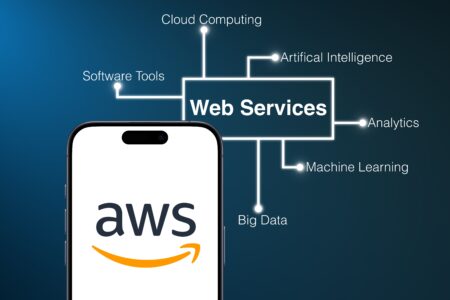What’s The Difference?
Recently, I came across an article from October 2020 where Jed Cawthorne from Reworked stated the term power user is retired and replaced with the term citizen developer.
This got me thinking about this replacement, as it were. Is it really replaced?
First, what is a power user? Many places describe a power user in slightly different ways, but Usability Geek describes a power user as “a user of a computer system or program whose skills and expertise are more advanced than most other users”.
So, what about the term citizen developer? Gartner describes a citizen developer as “a user who creates new business applications for consumption by others using development and runtime environments sanctioned by corporate IT.”
While both definitions have the word “user” in them, the key differentiator is that a power user is great or excelled at using systems or apps, but a citizen developer is creating apps.
Does It Really Matter?
With the rise of low-code/no-code tools, many folks now feel they are equipped with a way to solve some of their business needs or issues. Typically, the people that quickly adopt these types of tools are prior power users as they are more technically savvy. So, in a way, power users paved the way for citizen developers today.
At the end of the day, the meaning behind the words may be semantics, but in today’s business technology space citizen developer now has meaning behind it. The term can actually speak to a broader experience or skill set.
But, What About Developers?
As power users and citizen developers are jockeying to get their voices heard through their expertise, this sometimes puts pure developers in an awkward position. But, this really allows developers to put their skills towards more complex work.
If you are a developer, then be sure you are understanding the pros and cons of these low-code/no-code tools. This will help you understand the limits of these tools which leads to the need for devs to step in and create more complex components for the citizen developers to utilize.
The low-code/no-code tools might not align to or meet your dev standards, but that’s ok. They aren’t meant for hard-code dev capabilities. Which leads to the next point….
It’s All About Collaboration, Right?
When devs understand their skills are needed for higher, complex work, and citizen developers feel empowered, and power users can shine by knowing the systems and apps inside and out, this highlights the power of collaboration.
However, businesses need to understand that this mix of technical users exists. This means creating a holistic set of business processes to allow full collaboration across teams, but ensuring compliance and governance are still in place.
Without collaborative processes, “shadow IT” will create the risk of an increase in technical debt. But, if collaboration is at the root of the process mind-set, then this can lead to faster time to production and a need for rework.
The Back @ It Take:
I don’t believe that power users and citizen developers are the same.
Power users are “users” that know the system and/or app inside and out, know the best ways to do something efficiently in the system, and can, sometimes, teach others how to best use the system.
Citizen developers are “creators” looking to solve a business need or problem. They may have started as a power user, but decided to act and do something about the gap in the business needs by creating an app to solve the need.
So, that leaves you with this question: Are you a Power User or a Citizen Developer?
Related DAC Content
Low Code, No Code, and the Citizen Developer
Back @ IT Take: The Beginning Of The End For Microsoft Dynamics?
Back @ It: Round-Up of Low-Code/No-Code Solutions (Part 4)
DAC News Desk: Meet Alexander Boamah
Understanding The New Workplace: Are You Staying Relevant?






